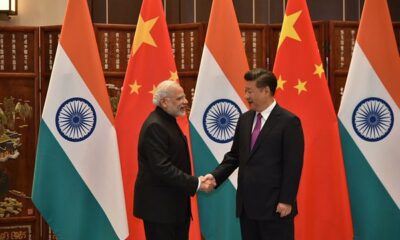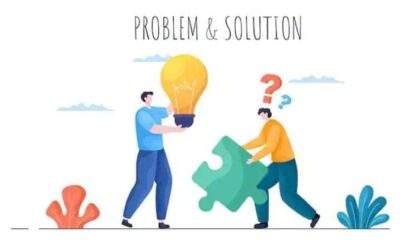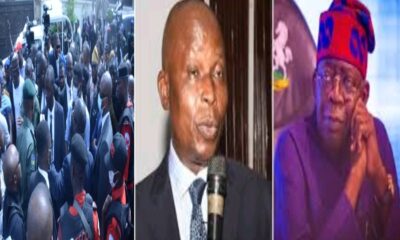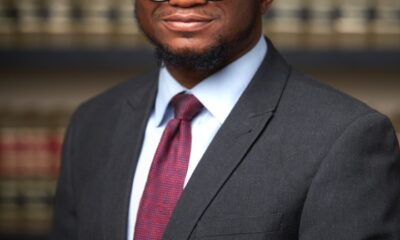Political Issues
Lead us not into damnation -By Minabere Ibelema
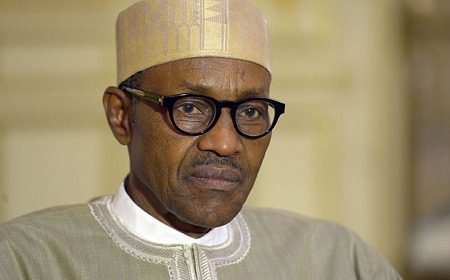

Judging from the amplitude of the Biafra advocacy, one would think that the Igbo are of one voice in support of an independent Igboland. In reality, it is, of course, not so. Yet, the ferocity of the advocacy has had the effect of essentially silencing those opposed to it. The German political scientist Elisabeth Noelle-Neumann identified the phenomenon as the “spiral of silence” in explaining the rise of Nazism in pre-World War II Germany.
So, it was quite a relief the other day to read this headline in The PUNCH, “Youths warn Nnamdi Kanu against holding rally in Owerri.” Well, I don’t at all applaud the threat. An essential element of democracy is the right of people to advocate non-violently. What I applaud is that some Igbo groups are taking a high-profile position in rejecting the Biafra advocacy.
Regardless of one’s position on the quest for partition, this is a healthy thing. At least there is some public debate, not just between the Igbo and other Nigerians, but among the Igbo themselves.
It is an opportunity among the Igbo to openly debate the merits of separation, especially whether an independent Biafra will improve the economic fortunes of the Igbo.
So far the advocacy has been driven by passion and fury. Emergent Igbo leader Nnamdi Kanu has been hammering on the matter of inequity, real and perceived. What to my knowledge he has not developed is a substantive and credible economic vision. And so his teeming followers are left to go by faith and impressions rather than rational calculations.
When I raised this question some years ago, a passionate Biafra advocate responded with the contention that the former Eastern Region had one of the fastest-growing economies in the world. She didn’t make comparisons with the other regions, which presumably were all doing well given that Nigeria as a whole was surging.
That aside, I had some issues with the use of that bit of data as the indicator of the economic prospects of today’s Biafra. To begin with, such data are a very good example of how statistics lie. If an economy is relatively low to begin with, the slightest improvement yields a high percentage of growth. For example, with its very large economy, the United States is striving to attain a 4 per cent growth, and the forecast is that it is unlikely to attain it in the next few years. In contrast, a 4 per cent economic growth in Nigeria can readily be attained with little impact on the people’s welfare.
Moreover, economic growth statistics are mere snapshots. They are not very meaningful except when sustained over a period of time, and that is never guaranteed. For example, Nigeria had one of the fastest growing economies in the world as recently as 2014. The country entered a recession about two years later. So the growth of Eastern Region in the 1966 says little about the fortunes of Biafra today.
In any case, even if a referendum is conducted and the Igbo vote to part with Nigeria, they will discover soon enough that parting is a lot more difficult than voting. It is estimated that about 45 per cent of the Igbo live outside Igboland. That is not including people of hybrid Igbo identity such as the Ikwere. And so in its projection of the viability of Biafra today, the Nigerian analysts SBM Intelligence declared, “This task will not be easy as the economy, politics, culture and society of the Igbo Nation are more- or-less fully integrated into the larger Nigerian nation.”
More important is that today’s Biafra will not include the resource-rich South-South states that powered the growth of then Eastern Region. And so, it has been noted that today’s Biafra will be very much the territory left of the old Biafra in 1969, that is the last months of the civil. Even conceding that his calculation is simplified, Chike Chukudebelu estimates that the new Biafra’s revenue will be about “a whopping N46.5 billion less than it received in 2014.”
Among the rosy assumptions of pro-Biafra advocates are that the Igbo abroad and elsewhere in Nigeria would relocate to new Biafra and give it an economic surge. But that raises the question as to why those Igbo left the area in the first place.”
It is truly difficult to imagine that majority of the Igbo residing in Lagos and other Nigerian cities will close their businesses and relocate to the new nation,” Chukudebelu writes in a summation of the SBM Intelligence study.
Igbo as foreigners
And that leads to an interesting question. Despite their remarkable dispersion all over Nigeria, a common complaint of the Igbo is that they are strangers in their own country. How much more of strangers would they become in what remains of Nigeria?
Kanu recently asserted that the Igbo would have the right to live anywhere they please even with the creation of Biafra. But though international law may back him up, he still may be engaging in wishful thinking. In the Nigerian context, it is improbable that there wouldn’t be signs all around demanding, “Igbo Must Go.”
Quite significantly, about 60 per cent of the Igbo surveyed by SBM Intelligence are hedging their bet on the matter. In the event that Biafra becomes a reality, they would want to become dual citizens of Biafra and Nigeria. In other words, that proportion of the Igbo would still want to retain their Nigerian identity. If I were an Igbo, I too would do the same, while clinging on to my Nigerian identity more dearly. That is, if Nigerians would let the Igbo have their cake and eat it.
In pressing his case for an Igbo referendum, Kalu is quite glib. “I have not argued Biafra from the standpoint of absolutism,” he is quoted by The Punch as saying. “I am not saying you must vote for Biafra. I am asking the powers that be in Nigeria to allow the people to determine for themselves.”That sounds good enough. Problem is, would the people know what they are voting for?
“It is actually difficult to find positives in this independence story,” writes Chukudebelu, in summing up the SBM Intelligence study. So, if I were to write a prayer point for the Igbo regarding Kanu and other leaders of the Biafra advocacy, it would be along the lines of: Lead us not into damnation, but deliver us from undue expectation.



